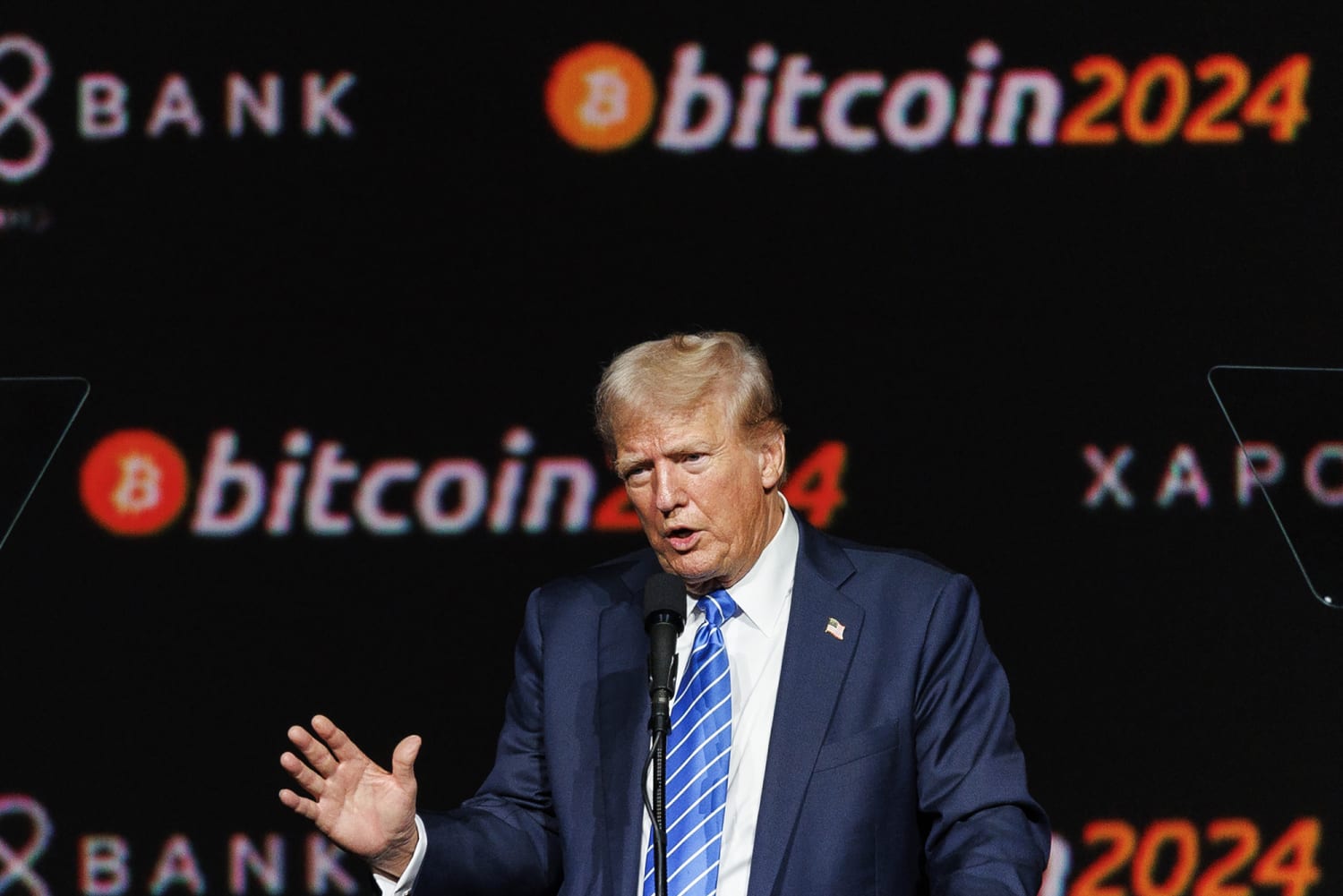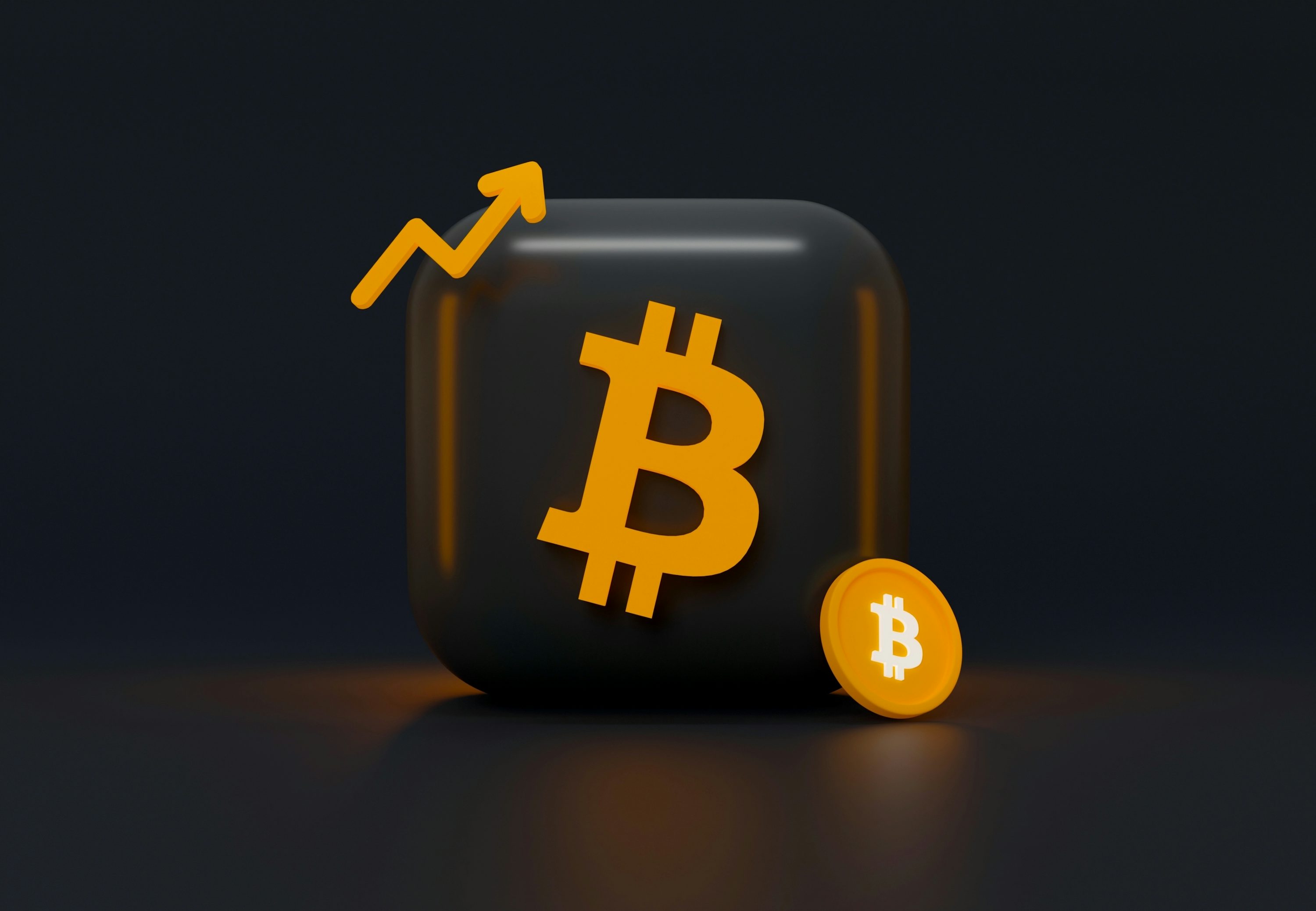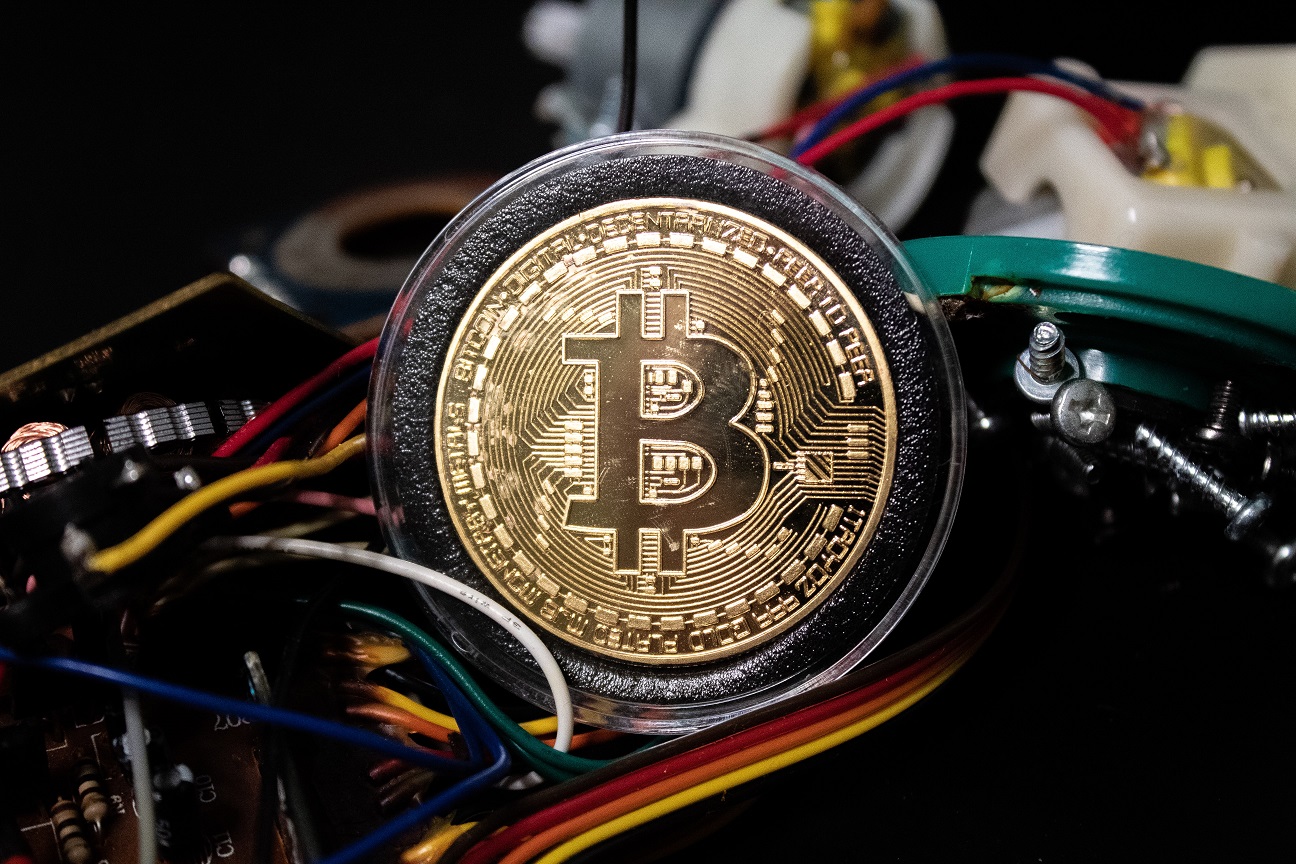Use cases for crypto and digital assets have been on a steady rise for the past couple of years, and the growth in terms of adoption of these technologies has prompted governments across to globe to maintain a semblance of control and regulatory oversight over its development.
Australian solon Andrew Bragg recently introduced a newly drafted bill that aims to provide clarity for crypto and digital asset regulation in the country. This includes all forms of cryptocurrencies and digital assets such as stablecoins and licensed tokens pegged to digital asset exchanges. Aptly named the Digital Assets (Market Regulation) Bill 2022, the proposal is set to introduce a licensing system for digital asset exchanges and their auxiliary operations. According to Bragg, Australia’s current regulatory frameworks for digital assets has to keep up with global standards, hence the introduction of such a bill.
The bill will be open for consultation until the end of October this year. Bragg represents the Liberal Party of Australia as a Senator for New South Wales. Bragg has been known to support crypto, often making calls for clearer regulatory frameworks for the use, operation, and distribution of crypto and other digital assets in the country. With the introduction of licenses for digital asset exchanges, digital asset custody services, and stablecoin issuers, the bill will effectively create a sort of “mesh” framework that would facilitate the expansion of use cases for digital assets and fiat-pegged stablecoins in the country.
An example of this is the e-Yuan CBDC that has been launched in the country, popular with immigrants and overseas workers in the country who are identified as Chinese and/or Chinese Australian nationals. The country’s banks will be able to receive information in such cases, while the licenses to be issued would be taken care of by the Australian government’s ministry for finance, alongside the Australian Prudential Regulation Authority and the Reserve Bank of Australia. In the case of stablecoins, the proposed bill will also require a document called Stablecoin Issue Requirements (SIR) for CBDC issuers and exchanges operating these tokens to file for a license, with a set of rules mandated for their compliance.
Bragg’s efforts at creating a crypto-friendly regulatory environment in the country have been a long-standing series of initiatives. In a statement from 2021, Bragg claims that for Australia to achieve the status of being a crypto hub in the Asia Pacific region, it should lead by making an effort to be aligned with the country’s net zero emissions agenda.
In a similar vein, the Australian government has also disclosed that it is set to begin a comprehensive review of crypto and digital assets accessible in the country, in a bid to regulate the space in a fairer manner. This involves “token mapping” or the identification of legitimate tokenized projects and decentralized platforms that are issuing their own tokens, whether these are operating from within the country’s financial jurisdiction or otherwise.
Disclaimer: This article is provided for informational purposes only. It is not offered or intended to be used as legal, tax, investment, financial, or other advice.
Credit: Source link























